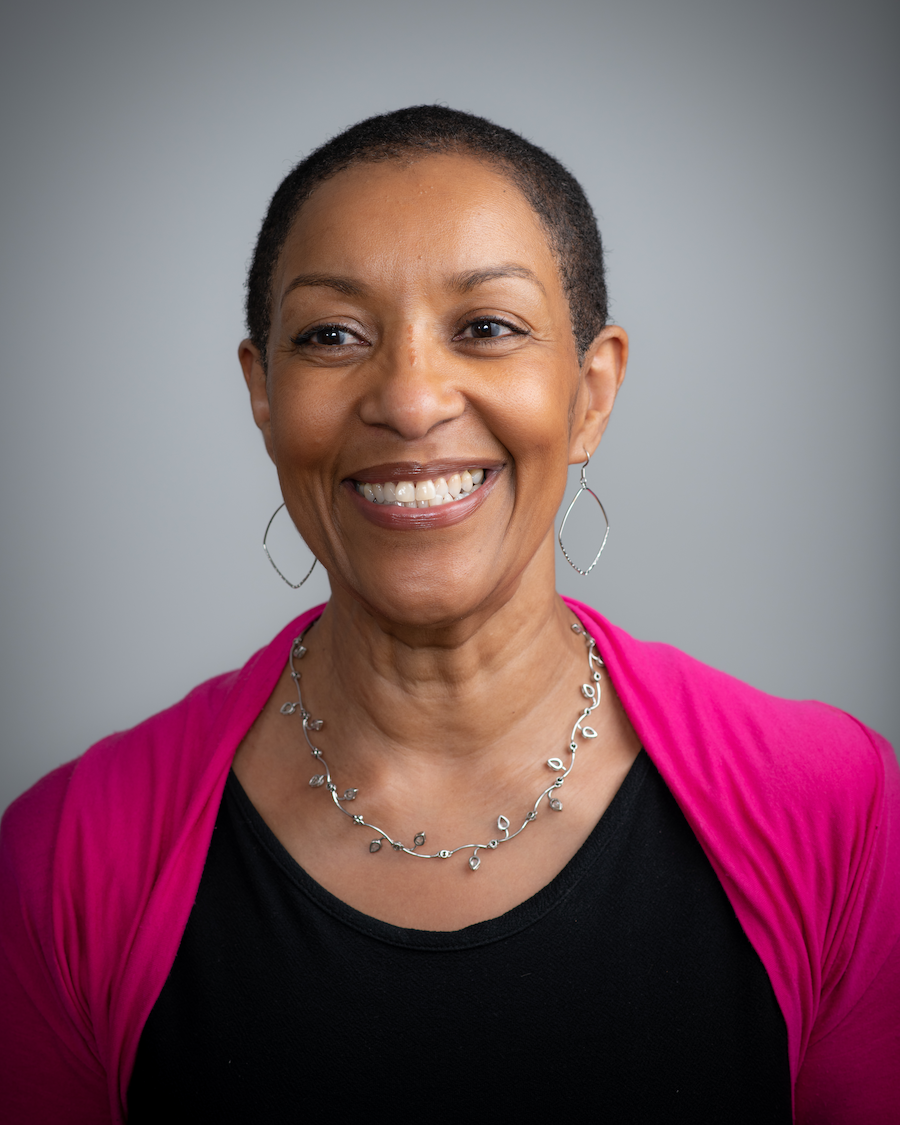With exam season coming up, one of the most nerve-wracking exams teens face is oral language exams.
This got us thinking about all the stresses of public speaking that children and teens face generally;
- Presentations in class
- Speaking up with friends
- Being assertive and confident
- Speaking out for others in need
- Conversations with new people
- Interviews for work/education
Whether they’re shy or simply facing a new situation, it can be hard for children and teens to speak up confidently.
However, building up confident speaking is a brilliant life skill that will enable them to self-advocate personally and professionally in the future.
To help build up this skill, there are a few ways you can help
Five Tips To Help Children Speak With Confidence
Encourage answering themselves
Whether ordering in a café or answering a family friend, try encouraging them to speak for themselves.
Of course, they may shy away and prefer you to do it, but creating a safe space where they get used to practising speaking for themselves can help to build confidence.
Sometimes if there is too long a pause, or you’re in a hurry, parents will immediately step in.
However, it is well worth taking the time and allowing children to answer themselves.
With this, they get used to making their own decisions, speaking to new people and feeling capable too.
Offer choices and input
From an early age, giving children a chance to make their own choices and offer feedback or opportunities to have their say can help to develop confidence when speaking up for themselves.
Developing this at a young age could look like offering ‘this or that’ type choices, which empowers decision-making and shows that you follow through on their selection.
As they grow older, more open-end questions can work.
Asking for your child’s opinion will help them feel involved in family/home decisions and help their voice feel valued.
Be the role model
Do you self-advocate? Children will often learn from their parents/carers/guardians when it comes to confidence and communication.
If you usually stay quiet in certain situations, fear speaking up for yourself, or tell children how scared you are of giving a presentation at work, for example, children may start attaching negative emotions to communicating.
Instead, showing your own assertiveness or explaining your hesitation around public speaking and how you overcome this, can help children to see how they can navigate their own challenges when it comes to public speaking.
Listening is just as important
Remind your child that to be a great speaker, listening is just as important.
By taking time to listen, they can feel confident to answer in a way that’s relevant to what’s been said or asked.
Often teens in speaking exams will just remember their prepared answers, but if the examiner changes the questions around, this could cause the exam to go off track.
Learning good listening skills by:
- Giving full attention with no distractions (no phones!)
- Repeating key information to ensure understanding
- Listening without thinking about what you want to say
- Not interrupting or cutting someone off
- Facing the person and giving eye contact, focus, and engagement
can all help improve speaking confidence, and they’re good tips for adults to try too!
Celebrate speaking out
From raising their hand to answer a question in class to standing up for their friend in the playground to speaking politely to one of their adult friends to completing a presentation or speaking test at school – these are all little wins to celebrate.
Make sure to recognise all steps of progress (however small) to help children keep a positive association with speaking up.
If your child is really fearful of speaking up, then there could be a bigger challenge for them to explore.
With this, coaching can provide a safe space for children to explore their challenges when it comes to communication, shyness and confidence.
To learn more about how coaching can help, contact Karen for a free consultation.

